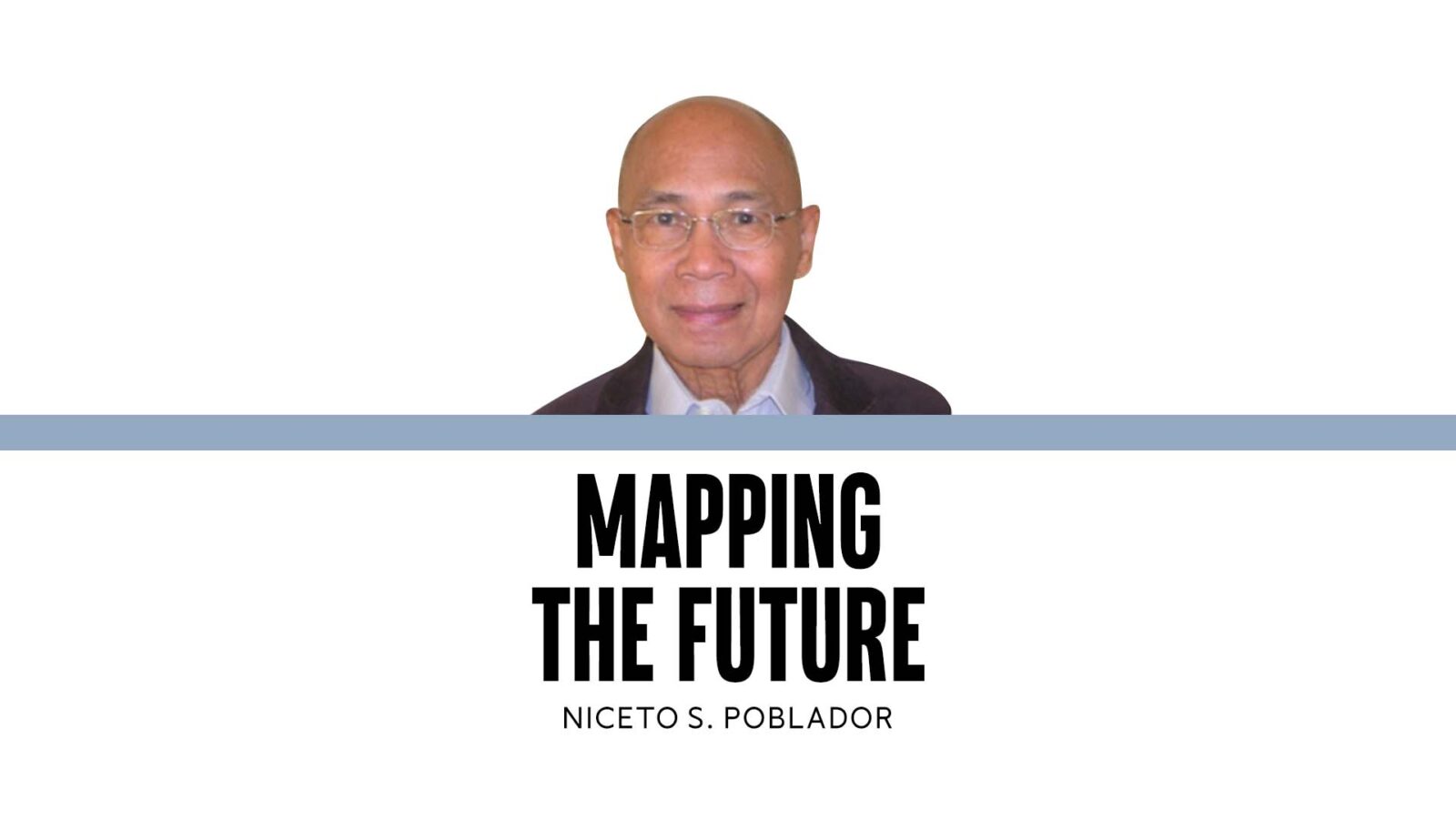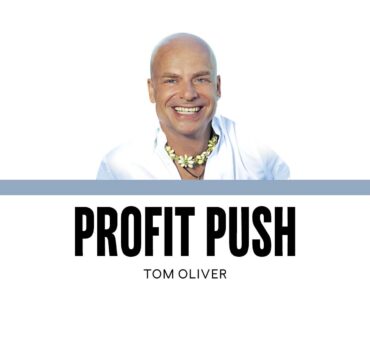Shareholder Capitalism at the crossroads

Shareholder Capitalism is today’s dominant economic system. It is a form of economic organization that is premised on the neoclassical assumption that the maximization of profit (or the enhancement of shareholder wealth, in the case of modern public corporations) is the primary and ultimate goal of business organizations.
The most famous advocate of this long-standing hypothesis is the University of Chicago’s Milton Friedman, to whom is attributed the proposition that the social responsibility of business is to increase the economic well-being of its owners—be they sole proprietors, partners or stockholders.
Increasing pressure for change
This time-honored economic system is increasingly being challenged on all fronts primarily by social activists, including stakeholders themselves, such as consumer groups and labor organizations. They are pressuring management to pursue business strategies that aim for a broad range of objectives, rather than being focused exclusively on the economic interests of shareholders.
These groups advocate an economic system that aims to promote economic equality, reduce poverty and prevent environmental degradation.
The emergence of Stakeholder Capitalism
An alternative form of economic organization, known as Stakeholder Capitalism, is increasingly gaining adherents. Initially described by Edward Freeman in his landmark book, “Strategic Management: A Stakeholder Approach” (Cambridge Univ. Press, 2010), this version of capitalism postulates that the social role of business firms is to create value for all stakeholders—consumers, workers, business partners, the community—and not just the owners.
Freeman’s definition of stakeholder strategy is couched in business ethics and discusses strategies that are morally correct.
The question arises as to whether strategic initiatives that are intended to benefit all other stakeholders in the business are compatible with the age-old goal of profit maximization.
Another interpretation of stakeholder strategy, one adopted in my book, “Strategy in the New Age of Capitalism: Collaborative and Inclusive Approaches to Value Creation” (UP Press, 2022) is based on a management philosophy that is in keeping with Friedman’s dictum that the sole purpose of business organizations is to enhance the wealth of their owners. According to this view, businesses have no moral responsibility to serve the interests of their other stakeholders.
Short-run vs long-run profit maximization
Our position, briefly, is that pursuing strategies that create value for customers, workers, business partners and the community in the short run will enhance the profitability of the firm over the long haul. These include, inter alia, the following:
Producing quality goods and services and selling these at reasonable prices;
Paying workers higher-than-market wages and creating a healthy work environment;
Treating business partners fairly; and Implementing planet-friendly policies.
We hold that investing resources in stakeholders in the short run will make the firm more productive, more profitable and, hence, more sustainable in the long run.
Supply chain management at Jollibee
Arguably the most iconic business name in the country today is Jollibee. Its logo and signposts are visible in many parts of the country. Known for its tasty and low-priced meals and snacks and for the customer-friendly ambience of its stores, Jollibee has become, by most measures of business success, the leading fast-food brand in the country.
Unknown to many, a major factor in Jollibee’s outstanding performance is its extensive supply chain (aka value network) that consists of a large network of business partners from which it sources everything from farm-fresh chicken to plastic tableware.
A key feature of Jollibee’s supply chain is the Jollibee Group Foundation’s Farmer Entrepreneurship Program (FEP) which enables small farmers to become productive and profitable entrepreneurs to supply big buyers, such as the Jollibee Group of Companies (which, aside from Jollibee Food Co., includes Mang Inasal, Greenwich Pizza, Red Ribbon and Chowking).
This huge market enables farmer-participants in the FEP to scale up their operations and enjoy substantial economies of scale, enabling their buyers to avail of lower input costs, which they in turn can pass on to their customers in terms of lower prices.
A win-win strategy anyway one looks at it!
The article reflects the personal opinion of the author and does not reflect the official stand of the Management Association of the Philippines or MAP. The author is a member of the MAP Shared Prosperity Committee and Retired Professor of Economics and Management at UP Diliman.



















